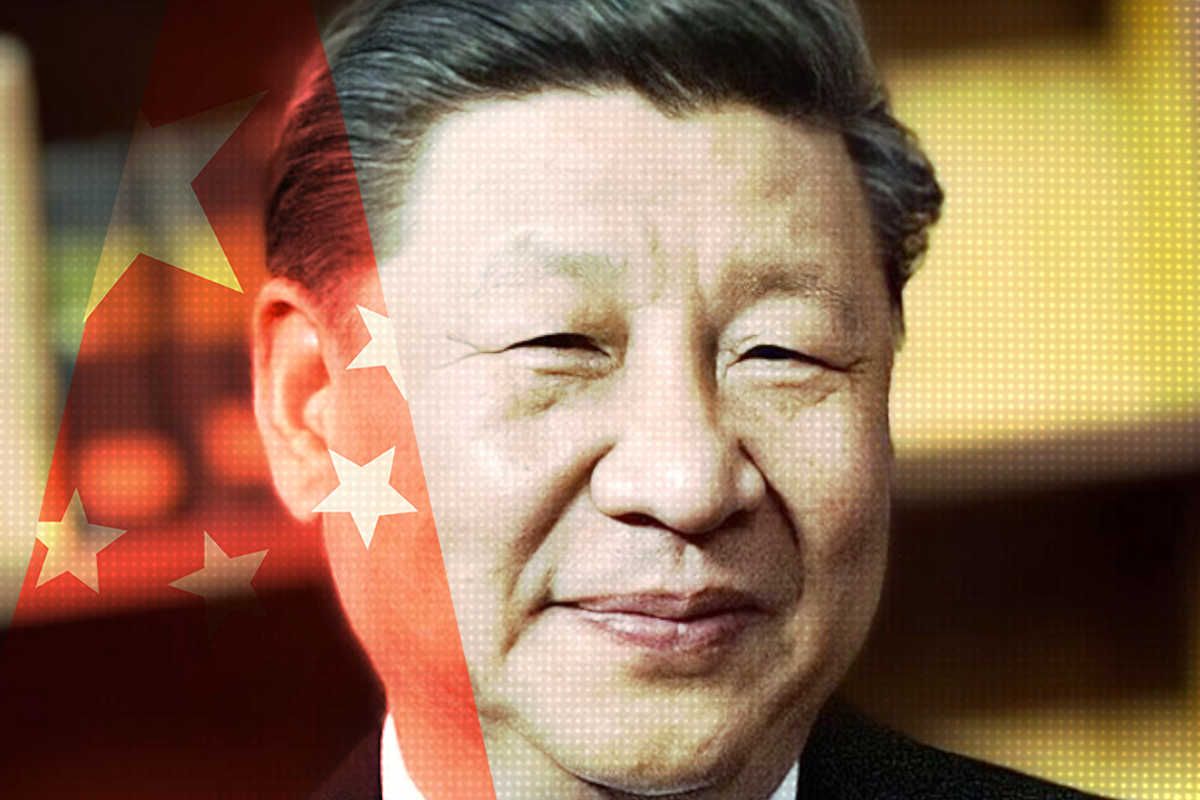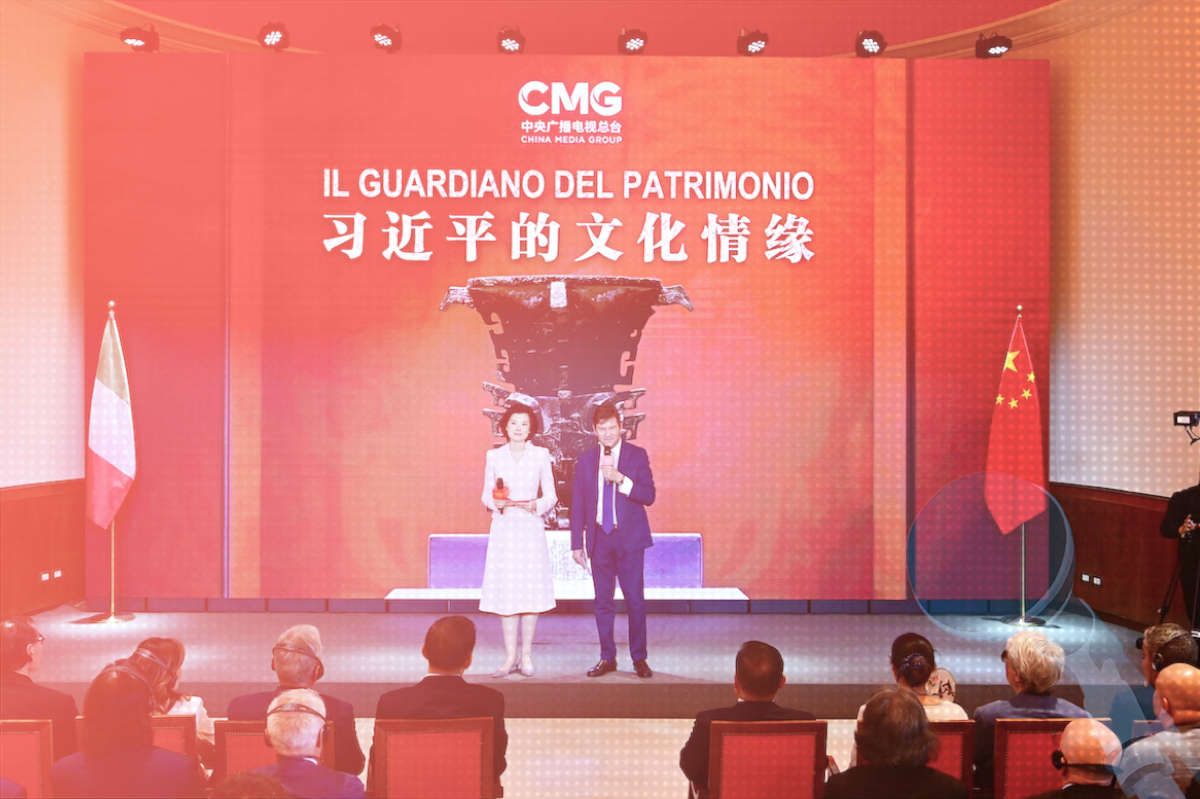Headlines and Hashtags
Can China's universities be saved?
In China today, the [political] divisions between right and left are severe. But if we can say at all that there is some point on which there is consensus on both sides, this would have to be that both sides believe our universities are in trouble. The doubts raised by [CCP elder] Qian Xuesen (钱学森) — [who asked rhetorically some years before he passed away in 2009, “Why can’t our schools produce outstanding talent?” — are in fact the same doubts that many people have about education in our country. And yet, as questions and doubts pile up, our universities have continued to degenerate, and the downward slide is rapid indeed.
If I’ve said in the past that our universities are like the old imperial institution of the yamen, [in which serving bureaucrats were primarily concerned with enriching themselves], our universities today are more yamen than yamens ever were. Time and again, journalists have asked me which I am more hopeful about, Chinese football [notorious for its weakness and corruption] or Chinese universities? I always say Chinese soccer.
Of course, there’s an element of resentment to this response. China’s universities, having come to their present-day plight, are actually quite similar to Chinese football, for the reason that they are both bureaucratic bodies that have trended toward commercialization [or industrialization]. The result has been the formation of massive interest groups. Our universities have in fact become shrines at which various education-related interest groups can personally profit. Only by perpetuating bureaucracy can they ensure that their own interest groups profit as handsomely as possible. And only with their continued monopolization of the education sector can they ensure that their highly bureaucratic institutions survive. So regardless of what the rest of us have to say about it, laughing and scorning, they remain impervious, determined to guard their own turf.
The only possible road out for China’s universities is reform. The most critical reason universities in the Republican Era were run so well by comparison was that there was a three-tiered system in place. National, private and church-run universities coexisted. The national Peking University and Tsinghua University were both pretty strong. The privately-run Nankai University and Xiamen University were also strong. As for the church-run schools, while their names may not now come readily to us, they were perhaps all decent schools. Names like Yenching University in north China, Fu Jen Catholic University, Peking Union Medical College, Ginling College, Saint John’s University, Hangchow Christian University, Central China University, and Canton Christian College (later Lingnan University). In the history of higher education in China, which of these are not distinguished? And while the church-run universities had strong religious overtones to start with, this was substantially toned down after the May Fourth Movement, and they were later largely secularized, indistinguishable from national and private universities.
Everyone knows that our universities are not some quintessence of Chinese culture, but rather are imported products. Even if the Imperial Capital University, founded in 1898 to later become Peking University, was the earliest to be founded, the first people to advance higher education curricula in China were foreigners. For Chinese, the founding of universities was a learning process, involving study outside China as well as study on our own doorstep.
The competition afforded by church-run schools was critical. The principles of university autonomy, academic freedom and faculty governance of universities are the result of accumulated experiences of the academic world outside China, and they are established practices that must be followed by any university that wants to excel. In the Republican Era there were also government authorities that sought to meddle with the universities, and there were privately-run universities driven by greed. But in a dominating atmosphere of competition, these instances did not infect the overarching climate of higher education.
In the Republican Era, China also had many so-called “wild chicken universities” (野鸡大学), fake universities or diploma mills that catered especially to those who required instant diplomas. But these universities were largely ignored, as though they didn’t even exist. Those who founded universities, regardless of who they were, had to follow established practices if they were serious about creating competitive institutions. In those days, universities founded by warlords, such as Zhang Xueliang’s (张学良) Northeastern University, Tang Jiyao’s (唐继尧) Dong Lu University (which later become Yunnan University) and Cao Kun’s Hebei University managed to barely make par because they generally kept to established practices, and the wills of these men were never uniformly imposed.
While the Republican tradition of higher education no longer exists, universities in China today must on a most basic level follow the principles of other advanced countries. If we insist against this trend, and harp on about our unique characteristics, we would be better off just establishing old-style imperial academies and forgetting about universities altogether. All of our disciplines can just follow along ancient lines — Confucian classics, history, philosophy and literature. We have no need then for such things as natural science, engineering and law. Our college students can avoid studying foreign languages. And of course there’s no need to fuss about the Science Citation Index (SCI).
The situation we now have, where we’ve only halfway accommodated established international practices, which can be violated left and right, is actually even more frightening. We talk about scholarship, but belittle academic freedoms. We pursue the Science Citation Index [as a measure of the influence of academic research] but we don’t put any stress on where influence is rooted. We found universities, and our universities look exactly like government agencies. With universities like this it makes no difference how many we build, or how much equipment we stuff into them, they will ultimately avail us little. Our so-called vocational universities can’t even provide us with the kind of talent we need to carry out basic industrial upgrades and raise efficiency.
And so, if we hope to have universities with an impact, our only option is to join up with established [international] practices — like [the newly formed and not yet approved] Nanfang University of Science and Technology in Shenzhen, which is taking its cues from Hong Kong University of Science and Technology.
Right now, however, encouraging universities to do as Nanfang University of Science and Technology has done is unrealistic. Owing to monopolistic control of the education sector, no matter how big a mess any given university [which manages to get licensed from the Ministry of Education] is, so long as there are Chinese capable of sending their children, the market will be there. So long as they can preserve the honeypot their monopoly affords, universities will have no impetus to reform themselves.
The only way out of this morass is opening up. We need more than just a few more anomalies like Nanfang University of Science and Technology. What we need is a government green light for private capital to establish universities, not just the small-scale, low-level academies now permitted to private capital. A much bigger door needs to be opened, allowing foreign investment in universities as well as church-run universities. The religious-affiliated universities we once had in China should return. If the concern on this count is loss of political control, this matter is easily solved with policies and regulations to govern such institutions.
As everyone knows, China has made major accomplishments on the economic front in recent years, and this owes to the Open Door Policy. But in fact, it is opening that creates the conditions for reform to happen. If no opening comes, there can be no reform. If we do not step out, if we do not adopt [outside practices and knowledge], there will be no market reforms in China to speak of, nor will there be any basis to talk about the building of a modern enterprise system.
Marketization and industrialization hold nothing to fear. What we must fear is marketization and industrialization utterly devoid of rules. The present problems in China’s economy result from monopoly control of a whole range of sectors, and from the actions of the visible hand of the state throughout the market. Getting a handle on state power is the primary goal of the next stage of reforms. For our universities, the most serious problem is bureaucratism and monopoly control, and this kind of industrialization is the true arch-criminal we face. This is also why many people feel that our universities today are not as good as they were in the era of the planned economy.
Relative to average incomes in our country, university tuition is already incredibly high. This means that whether or not education authorities are willing to admit it, the degree of industrialization in higher education is already quite high. The reason the education services provided to consumers are so poor is that they are forced to be compatible with a stepped monopoly system based on imperial-style government-run national examinations. There is just one store, with no branches. People have no choice but to compare bad apples, choosing from the substandard barrel those that are least rotten.
There is nothing to fear about industrialization [of education services]. What is frightening is being unable to get the service you deserve even after you’ve paid for it. In terms of education, this means students fail to gain the knowledge, training and abilities that prepare them for the job market.
If, as some have suggested, our universities were still fortresses of the planned economy, then reform would be a simple matter. Administrative leverage alone might prize the sector open. But our universities today have already been transformed into a vast monopoly enterprise fortified by official power. There is no other way except to encourage opening up, drawing on external factors.
While the stench of death is thick on the surface of our education sector, we should recognize that it has like other sectors experienced a great deal of change over the past 30 years of reform. Further reform means dealing with a massive wall of vested interests. The only force that can bring down that wall is opening up.
This editorial originally appeared in Chinese at Southern Metropolis Daily.





















